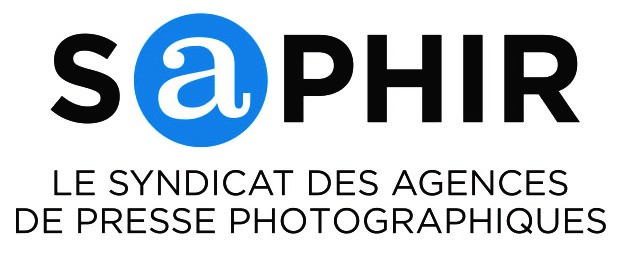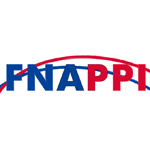This symbiotic relationship is the reason why Cepic has always paid close attention to legislation on collective management. A series of statements can be found on our website addressing the following issues:
(1) Lack of transparency (payments, rights categories covered, decision making process)
(2) Issues with membership (refusal or limitation of membership)
(3) Lack of appropriate dispute resolution mechanisms
(4) Scope of licenses: Picture agencies and collecting societies for visual arts may compete for the same rights holders and sometimes for the same rights categories. In principle, there should be no overlap, but in practice it is a bit more complicated, especially in the digital world . Clearly, any new collective license to be issued by collecting societies will affect the general market and any collective licensing scheme will be at the expense of direct licensing, which remain the best way to remunerate authors, especially in a field where prices are so low.
For all these reasons, our membership welcomes with great expectations a Directive which addresses the modus operandi of collecting societies. The Directive on collective management is a welcome initiative but the text is not ambitious enough and falls short in solving the issues of the Digital Age.
We wish a more ambitious text with a clean language adapted to all fields, not just to music. We understand that transactions on music make up 80% of the turnover of collecting societies, but in terms of on-line licensing, the volume of pictures available on the Internet is at least as important as music and affects everybody. European authorities should not wait for Facebook or Instagram to set the rules.
CEPIC’ main proposed amendments to the draft directive may be found in the in the Login Member Area of the CEPIC website.
















